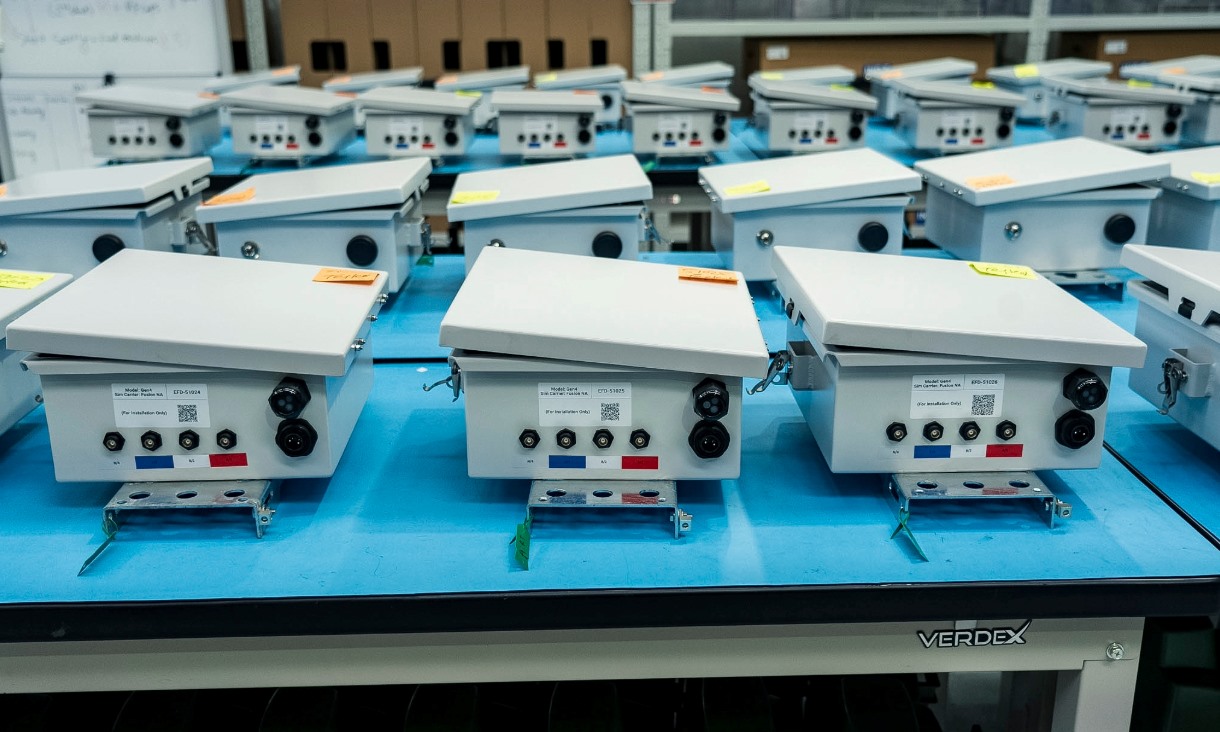Graduate weaves Melbourne Fashion Festival success
RMIT student Indigo Stuart was named National Graduate of the Year at this year’s PayPal Melbourne Fashion Festival, alongside other success from the RMIT community.
Pioneering Marketing Technology major to bridge critical skills gap
RMIT has announced the launch of a groundbreaking Marketing Technology major, the first of its kind in the Asia-Pacific region and only the third globally.
RMIT spin-off launches new manufacturing hub in the heart of Melbourne
The company producing an early fault detection (EFD) system that helps prevent bushfires and blackouts globally has established a new manufacturing hub in Richmond.
New RMIT School of Law opens for next generation of legal experts
The new RMIT School of Law has opened, building on the university’s 60-year legacy in legal training and research.






